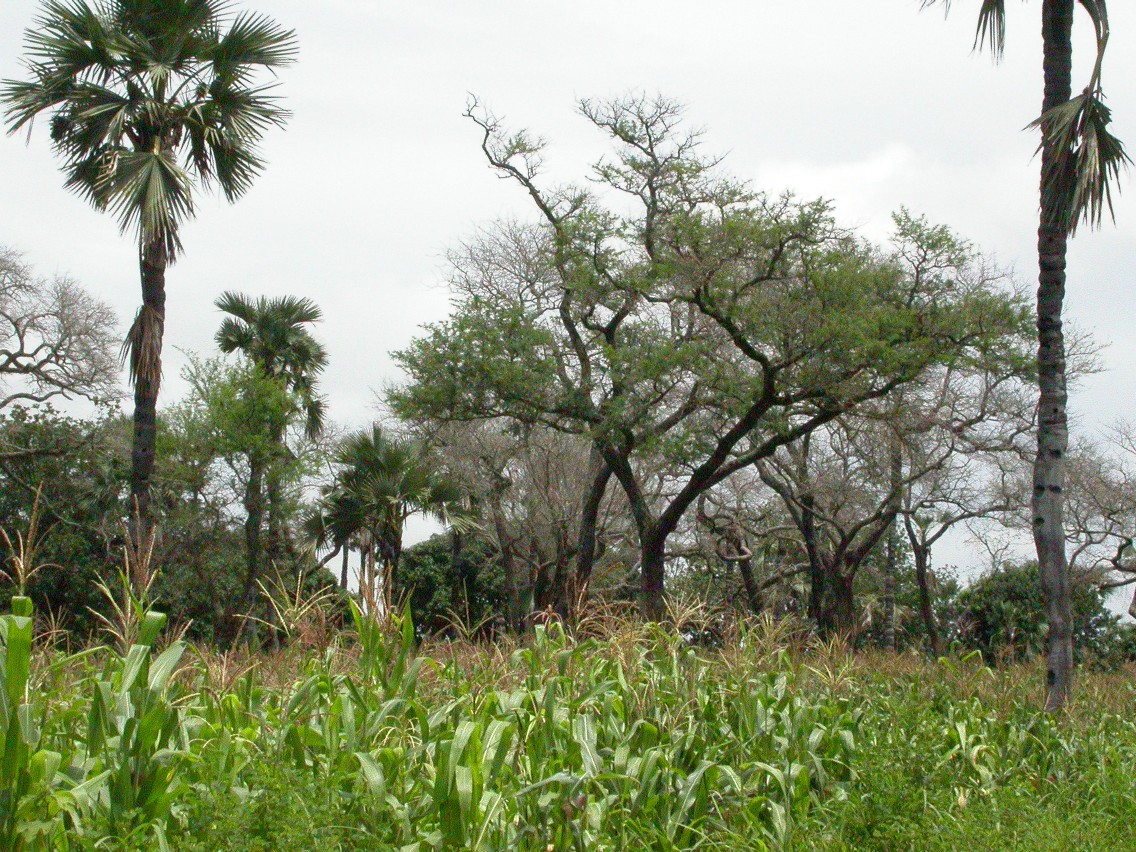Food Forests Farming
Productive, commercial ecosystems for professional agriculture
Food forest farming is a regenerative agriculture practice that involves creating an ecosystem where food and non-food producing plants are grown in a manner that mimics the structure and function of a natural forest. This type of farming is gaining popularity as it offers numerous benefits over conventional farming methods, including increased food production, soil health improvement, and a reduction in the use of pesticides and fertilizers.
The main idea behind food forest farming is to mimic the way that forests grow in nature. In a natural forest, plants, animals, fungi, and bacteria work together to create a self-sustaining system that provides food and habitat for all living beings. In a food forest, edible and non-edible plants are grown together in a diverse, layered system, with taller trees providing shade for shorter plants, shrubs, and herbs, and the roots of different species interacting to create a healthy soil ecosystem.
Image: Marco Schmidt

Food forests provide a rich source of food and nutrition. Unlike traditional monoculture farming, where a single crop is grown in large quantities, food forests are designed to produce a variety of crops, including fruits, nuts, vegetables, and medicinal plants. This diversity of crops ensures a more stable food supply and reduces the risk of crop failure due to disease or pests. Additionally, the wide range of crops grown in a food forest provides a much broader spectrum of vitamins, minerals, and other nutrients than monoculture farming.
Food forest farming also offers numerous environmental benefits. Unlike traditional farming methods, which often rely heavily on pesticides and fertilizers, food forests are designed to be self-sustaining and require minimal input from the farmer. By growing a diverse range of plants, food forests create a healthy soil ecosystem that helps to improve soil health, reduce erosion, and increase the amount of organic matter in the soil. Additionally, food forests can help to reduce greenhouse gas emissions by sequestering carbon in the soil and reducing the amount of fossil fuels required to produce food.
One of the most significant benefits of food forest farming is that it can provide food security for communities and families. In many parts of the world, access to fresh, healthy food is limited, particularly in urban areas where food deserts are common. Food forests can be established in these areas, providing fresh food to local communities and reducing the dependence on imported food. Furthermore, food forests can also provide employment opportunities and help to revive rural communities that have been impacted by declining traditional agriculture practices.
Despite its numerous benefits, food forest farming can be challenging to implement, particularly for farmers who are used to conventional farming methods. Establishing a food forest requires a significant investment in time, labor, and resources, including the acquisition of land and the planting of diverse crops. Additionally, it can take several years for a food forest to mature and become fully productive, so farmers must be patient and persistent in their efforts.
In conclusion, food forest farming is a regenerative agriculture practice that offers numerous benefits over conventional farming methods. By mimicking the structure and function of a natural forest, food forests provide a rich source of food and nutrition, improve soil health, and reduce the use of pesticides and fertilizers. Despite the challenges involved in establishing a food forest, the long-term benefits make it an attractive option for farmers and communities looking for a sustainable and secure food supply.
Let’s talk about your project!
Our development team will be happy to get designing with you.
We asses your land, the future potential of perennial crops, etc.
Just contact us and we will see, if we can help.

More resources
Contact Us
ESSWALD
Supai-Ventures S.R.L.
Santa Maria del Cami
07320 Mallorca
Islas Baleares, SPAIN
(+34) 625 239 394
hello@esswald.com
